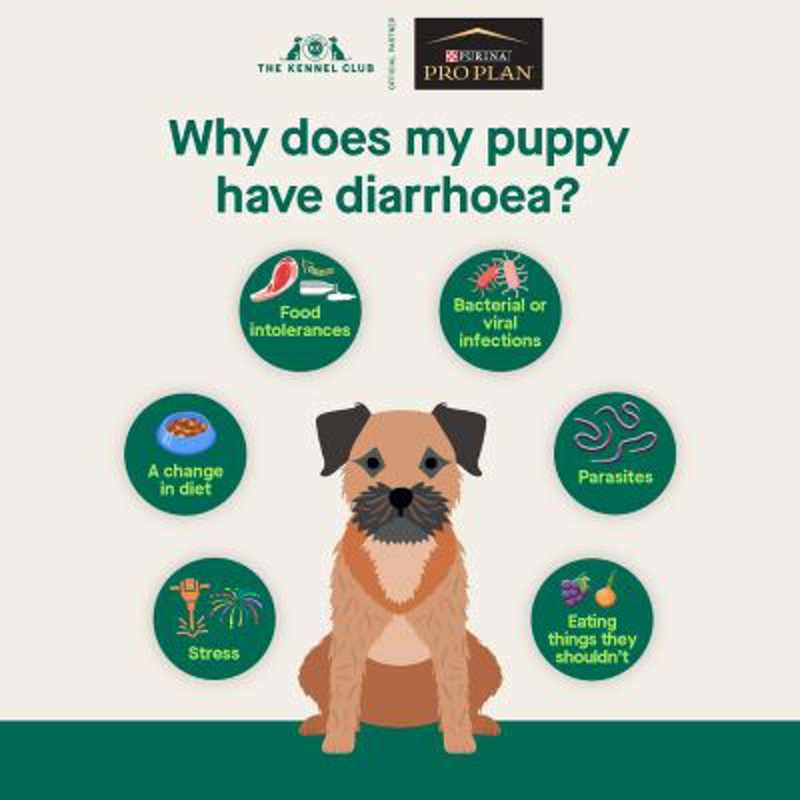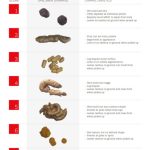As a responsible pet owner, there’s nothing more distressing than seeing your 5-month-old puppy suffer from diarrhea. It’s a common issue, but one that can be incredibly frustrating and worrying for you and your furry friend.
Diarrhea in 5-Month-Old Puppies: What You Need to Know
If you’re experiencing this issue with your young pup, it’s essential to understand the potential causes, symptoms, and treatment options. In this blog post, we’ll dive into the world of puppy diarrhea and explore what you can do to help your little companion feel better.
The Importance of Identifying the Cause
Diarrhea in 5-month-old puppies can be a symptom of various underlying issues, ranging from dietary changes to gastrointestinal problems. As a pet owner, it’s crucial to identify the root cause of the issue to ensure your puppy receives the appropriate treatment.
One of the most common causes of diarrhea in young puppies is diet-related. If you’ve recently introduced new foods or treats into your pup’s diet, this could be the culprit. Similarly, gastrointestinal issues like giardiasis or cryptosporidiosis can also cause diarrhea in pups.
In our next section, we’ll explore some of the common signs and symptoms of diarrhea in 5-month-old puppies, as well as what you can do to help manage this issue at home.

Now that we’ve covered the importance of identifying the cause of diarrhea in 5-month-old puppies, let’s dive into the common signs and symptoms you might observe.
Symptoms to Watch Out For
A puppy with diarrhea will typically display a range of unpleasant symptoms. These may include:
- Watery or loose stools that occur frequently
- A change in appetite or interest in food
- Prolonged periods of whining, whimpering, or acting lethargic
- Wetting accidents or frequent potty breaks
If you notice any of these symptoms in your 5-month-old puppy, it’s essential to monitor their behavior and stool quality closely. Keep a diary or log to track the frequency, consistency, and color of their stools.
How to Manage Diarrhea at Home
In many cases, you can help manage diarrhea in your 5-month-old puppy by making a few simple changes:
- Switch to a bland diet: Feed your pup boiled chicken and rice or a highly digestible commercial puppy food for a short period (up to 48 hours)
- Avoid fatty treats and foods: Fatty substances can exacerbate diarrhea, so it’s best to avoid giving them as treats
- Keep an eye on their water intake: Make sure your pup has access to plenty of fresh water to help replace lost fluids
If you’re concerned about your puppy’s diarrhea or if the symptoms worsen over time, it’s always best to consult with your veterinarian. They can provide personalized guidance and treatment options based on your pup’s specific needs.
For more information on gastrointestinal health in puppies, check out the American Animal Hospital Association’s (AAHA) Gastrointestinal Health for Pets. This comprehensive resource covers topics from dietary recommendations to common GI issues and their treatment.
In our next section, we’ll explore the various treatment options available for diarrhea in 5-month-old puppies, including medication, probiotics, and lifestyle changes. Stay tuned!
Get Expert Advice on Dog Care for Your 5-Month-Old Puppy
Concerned about your puppy’s diarrhea? Our expert dog care consultants are here to help you with personalized guidance.
Consult with a Dog Care ExpertIn our previous sections, we’ve explored the importance of identifying the cause of diarrhea in 5-month-old puppies and the various potential causes, including dietary changes and gastrointestinal problems.
Summing it Up
To recap, here are the key points to remember:
- Diarrhea is a common issue in young puppies, but it’s essential to identify the underlying cause to ensure proper treatment.
- Dietary changes and gastrointestinal issues are two of the most common causes of diarrhea in 5-month-old puppies.
- If you suspect that your puppy has diarrhea due to dietary changes, consult with your veterinarian about making adjustments to their diet.
- For gastrointestinal issues, your vet may prescribe medication or recommend a specific treatment plan.
Final Insights and Takeaways
As a responsible pet owner, it’s crucial to stay vigilant and monitor your puppy’s health closely. If you notice any signs of diarrhea, don’t hesitate to reach out to your veterinarian for guidance and support.
Remember, every puppy is different, and what works for one pup may not work for another. By working with your vet and staying informed, you can help your 5-month-old puppy feel better in no time.
A Conclusion Worth Reading
In conclusion, diarrhea in 5-month-old puppies is a common issue that requires attention and care. By understanding the potential causes, symptoms, and treatment options, you can take control of your pup’s health and help them recover quickly.
As you navigate this journey with your furry friend, keep in mind that every step counts, from identifying the cause to finding the right solution. With patience, persistence, and the guidance of a trusted veterinarian, you’ll be well on your way to helping your 5-month-old puppy feel happy, healthy, and full of life.
Quantum Mechanical Model 5.3: Atomic Emission Spectra Quiz Answers: Uncover the secrets of atomic emission spectra and test your knowledge with our comprehensive quiz answers! Unlock the mysteries of quantum mechanics and gain a deeper understanding of the fascinating world of chemistry.
Amoxicillin Side Effects in Toddlers: What You Need to Know: As a parent, it’s essential to stay informed about the potential side effects of common medications like amoxicillin. Learn what you need to know to keep your little ones safe and healthy with our expert advice.




